We’ve passed 7 of 9 planetary boundaries and forests are vanishing, yet the climate movement refuses to name the number one driver of deforestation. It’s top five corporations surpassing Chevron, Shell and BP in combined emissions, though barely rating a mention in climate reporting. Violet CoCo and Brad Homewood blast that there’s no liveable future on this planet without confronting this crisis head-on.
We’re living in the era of climate breakdown (Falk, 2023), we have passed 7 of our 9 planetary boundaries (PBScience, 2025), and what we manage to salvage now depends on us.
None of us want a planet that is uninhabitable and hostile to complex ecosystems. We all want a world that continues to sustain all this diverse and wonderous life, but if we’re being honest with ourselves, the situation is only getting worse. Emissions continue to rise and the world’s forests are vanishing before our eyes. With them we lose one of our most critical carbon sinks.
The low hanging fruit of climate action is stopping the destruction of native forests. COP30 has a particular focus on forests because of the latest research on the cooling effect of forests (Bunyard, and De Laet, 2024).
It’s at this point that we’d like to address the elephant in the room of the broader climate movement; the number one cause of deforestation both in Australia* (Vstats, 2023), internationally (Ritchie, 2021), and particularly in that treasured and critical ecosystem – the Amazon (Chávez, 2025).
This elephant is one of the world’s highest emitting sectors globally (Foodrise et el, 2025), yet it only gets mentioned in 4% of media reporting on the climate crisis (Fassler, 2025) despite playing such a disproportionately huge role.
It is one of the world’s highest emitting sectors globally, yet it only gets mentioned in 4% of media reporting on the climate crisis.
Within the climate movement itself it is largely ignored, and when raised is a sensitive issue to say the least. If you haven’t worked it out yet the elephant in the room is animal agriculture, and if we’re serious about salvaging a liveable planet of some description, we need to start being honest about the problem, and not just the parts we’re comfortable with.
The global livestock sector is estimated to be responsible for between 12% and 19% of total human-caused greenhouse gas (GHG) emissions, making it one of the world’s highest emitting sectors (Foodrise / Friends of the Earth / Greenpeace Nordic / IATP, 2025).
Source: Vstats, 2023
The elephant in the room is a cow
There is a long running debate in the movement about the efficacy of individual action vs mass action for system change, and we don’t have the space here to fully unpack that. But surely at this stage of the crisis we need to be pulling on every lever available to us, and this individual lever is within the reach of most people.
We respect everyone’s individual autonomy and right to choose, but those choices should be well informed ones, and it’s difficult to make a well-informed choice when you’re not consistently getting all the relevant information, and the topic itself is rarely discussed as it’s deemed to be too divisive and too sensitive an issue.
For a variety of reasons, it’s probably unrealistic to expect everyone to adopt a plant-based diet. However, given what we know, it is in our best interests to aim for a world where animal agriculture is voluntarily made redundant. So, what would the world look like if everyone went plant based?
Taking up space
We are losing planetary biodiversity at an alarming rate. Animal agriculture is the single biggest cause of deforestation and a major driver of the extinction crisis (Ritchie, 2021). One of the globes most prestigious scientific society states that “[w]ithout a wide range of animals, plants and microorganisms, we cannot have the healthy ecosystems that we rely on to provide us with the air we breathe and the food we eat” (Martin-Lopez, 2025). Relatedly, studies show that “[v]eganism is the ‘single biggest way’ to reduce our environmental impact” (Petter, 2020). It takes up a lot less agricultural land to feed ourselves with a plant passed diet as explored in this Chatham House study (Benton et al., 2021).
As seen in the graph below, 78% of farmland is currently used for animal agriculture (including growing their feed). Yet it only produces 18% of the global calorie supply and only 37% of the global protein supply. Conversely the other 22% of agricultural land produces 82% of the global calorie supply and 63% of the global protein supply with plants alone.
Image source: Benton et al, 2021
We’ve reduced wild mammals dramatically, a study found that wild mammals are just 4% of global mammal biomass, with humans making up 34%, and farmed animals a whopping 62%, of which cows alone make up 35% (Ritchie, 2022).
In this era of climate and ecological breakdown we can say with a fair degree of certainty that this trend is unequivocally unsustainable, and if we haven’t already reached breaking point, then we are fast approaching it.
Image source: Ritchie, 2022
It’s easy maths that we could rewild at least half of agricultural land and still produce more calories and protein to eat than we do now. This would give the world’s existing forests a fighting chance as their number one cause of destruction would no longer exist – also engaging more drawdown and cooling of the planet.
Emissions
Animal agriculture produces a lot of emissions, especially cows. The climate council states, “[a]griculture was responsible for over half of Australia’s* methane emissions in 2022-23, the largest share of any sector of our economy, with nearly 65% of the climate pollution coming from methane burped by cattle as they digest their food” (Climate Council, 2024). This problem is not exclusive to this continent alone, the “[g]lobal greenhouse gas emissions from animal-based foods are twice those of plant-based foods” (Xu et al, 2021). While a detailed analysis in the UK found that “plant diets lead to 75% less climate-heating emissions, water pollution and land use than meat-rich ones” (Carrington, 2023).
In a positive sign for the movement, Greenpeace, Foodrise, and Friends of the Earth US have contributed to a very recent report, along with the Institute for Agriculture and Trade Policy titled: Roasting the Planet: Big Meat and Dairy’s Big Emissions – Exposing the colossal, yet often over looked, climate footprint of Big Meat and Dairy (2025).
Source: Roasting the Planet: Big Meat and Dairy’s Big Emissions (2025)
The well researched report exposes the following key findings:
- Forty-five of the world’s major meat and dairy processing companies in 2022/23 combined emitted an estimated 1 billion tonnes of greenhouse gases (in CO2eq).
- If they were a country, they would be the world’s ninth highest greenhouse gases (GHG) emitting nation.
- The methane emissions from these 45 companies combined were estimated to exceed the reported methane emissions of all the 27 European Union countries and the UK combined in 2023.
- The top five emitters emerging from this analysis combined — JBS, Marfrig, Tyson, Minerva, and Cargill — emitted an estimated 496 million tonnes of greenhouse gases in 2023 (in CO2eq), more than reported for Chevron, Shell, or BP.
- The estimated greenhouse gas emissions of these five companies combined accounted for nearly half (48%) of the estimated total emissions of 45 meat and dairy companies analysed.
- JBS alone, estimated to be the world’s highest-emitting meat corporation, accounted for nearly one quarter (24%) of all estimated greenhouse gas emissions from these 45 meat and dairy companies. Greenpeace Nordic has estimated that JBS emits more methane than reported by ExxonMobil and Shell combined (Foodrise / Friends of the Earth / Greenpeace Nordic / IATP, 2025).
JBS emits more methane than reported for ExxonMobil and Shell combined.
Image source: Foodrise / Friends of the Earth / Greenpeace Nordic / IATP, 2025
The animal agriculture industry has been pulling the wool over our eyes with these colossal emissions, but now they are as exposed as their sheep at the start of Spring. Speaking of our hooved friends, emissions are not the only environmental disaster coming out of the animal agriculture industry, we are not going to beat around the hoof about it. Those hard toes are flooding our towns!
Ecological health
Animal agriculture is not only bad for the climate but also is damaging our soil and water. All native creatures to Australia* are soft footed with gentle pads (Parklands, 2025), as opposed to the animals introduced for agriculture like cows and sheep, whom have hard hooves. These hard hooves are compacting the soil, making it harder to grow crops (and other plants), consuming excessive amounts of water, polluting the water creating dead zones and increasing the risk of flood (Clark, 2023).
While the climate crisis is increasing all natural disasters, floods are 10 times more frequent than any other natural disaster, and account for 40% of all economic losses owing to natural disasters since 1980 (Saco et al., 2021). This is exacerbated by the compacting of soil from hooved animals (NSW Government), “leading to higher runoff and losses in flood regulation capability”(Saco et al., 2021).
Animal cruelty isn’t compelling enough
It would be remiss of us not mention that the animal agriculture industry causes a cataclysm of suffering on the many creatures in its clutches. Any form of animal exploitation is inherently cruel to varying degrees as people like Peter Singer have comprehensively proven with publications like Animal Liberation Now (2024).
The ‘meat paradox’ has become a topic of study, it is the “psychological conflict between people’s enjoyment of meat and their moral discomfort in relation to animal suffering” (Khara et al, 2021). However, we will not expand on that further, as the purpose of this article is to focus on the impact’s animal agriculture has on the climate and environment.
What happens if we keep ignoring the cow?
Animal agriculture is destroying our forests, polluting our water and belching catastrophic amounts of emissions. At a time when the climate and ecological crisis threatens to swallow us whole, if we can’t acknowledge the harm this is doing, how can we move towards harm reduction? We support everyone’s autonomy and right to choose. An important part of autonomy is informed decision making. So, we are asking you to acknowledge the problem and exercise your well-informed autonomy.
It’s only one hamburger said 5 billion people.
* * *
*Australia is a colonial term to describe the continent on which this paper was written. We use it to be consistent with the research papers on which we are relying. We acknowledge the original owners of this continent in its many nations who never seeded sovereignty. Always was, always will be indigenous land.
References
Bunyard, P. and De Laet, R. (2024) Cooling the climate. S.l.: Ethics International Press; Ethics International Press.
Carrington, D. (2023) Vegan diet massively cuts environmental damage, study shows, The Guardian. Available at: https://www.theguardian.com/environment/2023/jul/20/vegan-diet-cuts-environmental-damage-climate-heating-emissions-study (Accessed: 13 November 2025).
Chávez, L.T. (2025) Tainted, Human Rights Watch. Available at: https://www.hrw.org/report/2025/10/15/tainted/jbs-and-the-eus-exposure-to-human-rights-violations-and-illegal (Accessed: 12 November 2025).
Clark, J. (2023). The devastating water footprint of animal agriculture. Open Access Government. Retrieved November 13, 2025, from https://www.openaccessgovernment.org/devastating-water-footprint-animal-agriculture/163485/
Climate Council (2024) Farming down under: Agriculture’s role in Australia’s climate pollution (2025) Climate Council. Available at: https://www.climatecouncil.org.au/resources/australia-agriculture-climate-change-emissions-methane/ (Accessed: 12 November 2025).
Falk, P. (2023) Earth just had its hottest summer on record, U.N. says, warning ‘Climate breakdown has begun’, CBS News. Available at: https://www.cbsnews.com/news/hottest-summer-on-record-2023-un-says-climate-change-global-warming-data/ (Accessed: 12 November 2025).
Fassler, J. (2025) Meat is a leading emissions source – but few outlets report on it, analysis finds, The Guardian. Available at: https://www.theguardian.com/environment/2025/sep/27/meat-gas-emissions-reporting (Accessed: 12 November 2025).
Foodrise / Friends of the Earth / Greenpeace Nordic / IATP, Roasting the Planet: Big Meat and Dairy’s Big Emissions (2025)
Hannah Ritchie (2021) – Drivers of Deforestation, Published online at OurWorldinData.org. Retrieved from: https://ourworldindata.org/drivers-of-deforestation
Hannah Ritchie (2022) – Wild mammals make up only a few percent of the world’s mammal biomass Published online at OurWorldinData.org. Retrieved from: https://ourworldindata.org/wild-mammals-birds-biomass [Online Resource] 4, 5
Khara T, Riedy C, Ruby MB. A cross cultural meat paradox: A qualitative study of Australia and India. Appetite. 2021 Sep 1;164:105227. doi: 10.1016/j.appet.2021.105227
Martin-Lopez, B. (2025) Why is biodiversity important?: Royal Society, The Royal Society. Available at: https://royalsociety.org/news-resources/projects/biodiversity/why-is-biodiversity-important/ (Accessed: 12 November 2025).
NSW Government. (n.d.). Protect your soil from compaction. Retrieved November 13, 2025, from https://www.dpi.nsw.gov.au/agriculture/soils/guides/soil-structure-and-sodicity/compaction
Parklands Albury Wodonga. (2025). Protecting our woodlands from hard-hoofed soil compaction – Parklands Albury Wodonga. https://www.parklands-alburywodonga.org.au/2021/10/protecting-our-woodlands-from-hard-hoofed-soil-compaction
Petter, O. (2020) Going vegan is ‘single biggest way’ to reduce our impact, study finds, The Independent. Available at: https://www.independent.co.uk/life-style/health-and-families/veganism-environmental-impact-planet-reduced-plant-based-diet-humans-study-a8378631.html (Accessed: 12 November 2025).
Planetary Boundaries Science (PBScience). (2025). Planetary Health Check 2025. Potsdam Institute for Climate Impact Research (PIK), Potsdam, Germany.
Saco, P. M., McDonough, K. R., Rodriguez, J. F., Rivera-Zayas, J., & Sandi, S. G. (2021b). The role of soils in the regulation of hazards and extreme events. Philosophical Transactions of the Royal Society B Biological Sciences, 376(1834), 20200178. https://doi.org/10.1098/rstb.2020.0178
Singer, P. (2024). Animal liberation now. Vintage.. This is especially the case when animals are farmed for food or skins. It is not the purpose of this text to expand on the argument of cruelty but to address the climate and environment impacts.
Vstats, (2023)Update: Animal agriculture drives 79% of deforestation in Australia. vstats. Available at: https://vstats.substack.com/p/update-animal-agriculture-drives (Accessed: 12 November 2025).
Xu, X., Sharma, P., Shu, S. et al. Global greenhouse gas emissions from animal-based foods are twice those of plant-based foods. Nat Food 2, 724–732 (2021). https://doi.org/10.1038/s43016-021-00358-x
* * *
Violet CoCo is an activist for environmental protection. Most recently she spent two months in prison for blockading 3 lanes of the West Gate Bridge in Naarm/Melbourne. The protest with Extinction Rebellion called for a climate emergency declaration. In December 2022, she was the first person sentenced under controversial new anti-protest laws in NSW, receiving a sentence of 18 months in prison for blocking the harbour bridge under the banner Fireproof Australia. Her sentence was dropped on appeal, after doing time in Silverwater prison. Violet has been arrested 38 times, and has been imprisoned five times, including for famously burning a pram outside Parliament House on the same day the IPCC declared a Code Red for Humanity due to climate breakdown. Violet Coco advocates for peace, Justice and a liveable planet. She has been a part of organising major disruptive festivals of civil disobedience with many parts of the environment movement, supported First Nations and the decolonization of so called ‘Australia’, while also advocating for justice for women, refugees, and queer communities. If you would like to support Violet’s activism, you can do so here.
Brad Homewood is a father and until recently he was a full time truck driver in the construction industry. Since 2019 he has been engaging in direct action as a dedicated climate and ecological activist. Most recently he spent two months in prison for using a truck to block traffic on the West Gate bridge in Naarm/Melbourne calling for a declaration of a climate emergency. Brad has been arrested 16 times while mobilising predominantly with Extinction Rebellion, Blockade Australia and more recently the Bob Brown Foundation.He’s also challenging the courts, by pleading not guilty, under the emergency defence for a blockade at Exxon Mobil. Brad is also a peace activist, a regular volunteer with Pay the Rent, and endeavours to be the best possible Allie he can be to oppressed people everywhere. If you would like to support Brads activism, you can do so here.
Featured image: The elephant in the forest (2025) by Sha Mo, courtesy of the artist @chronic__iconic
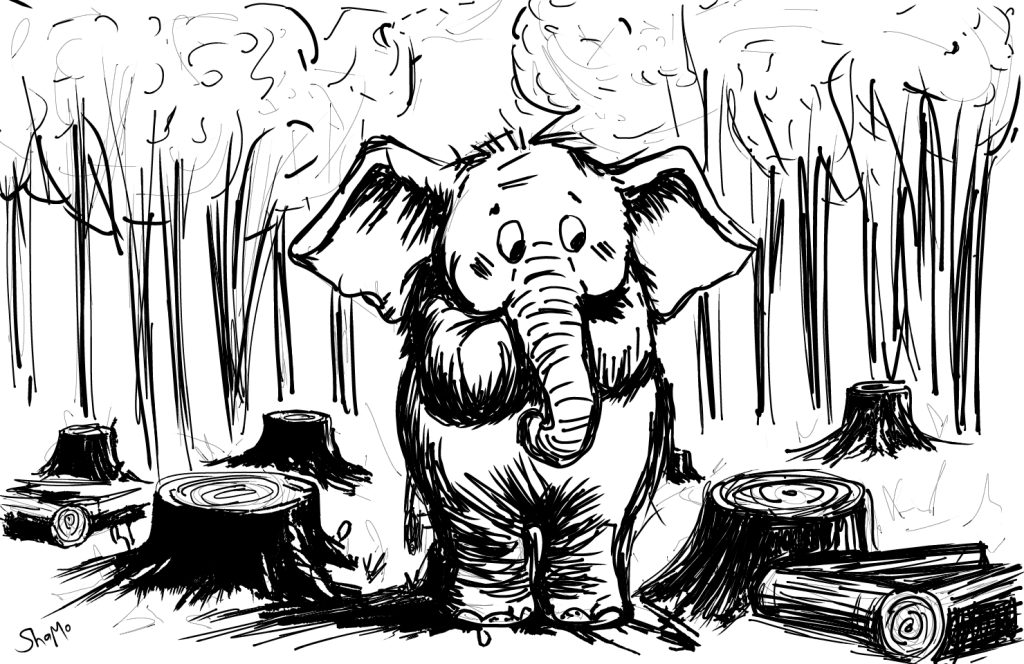
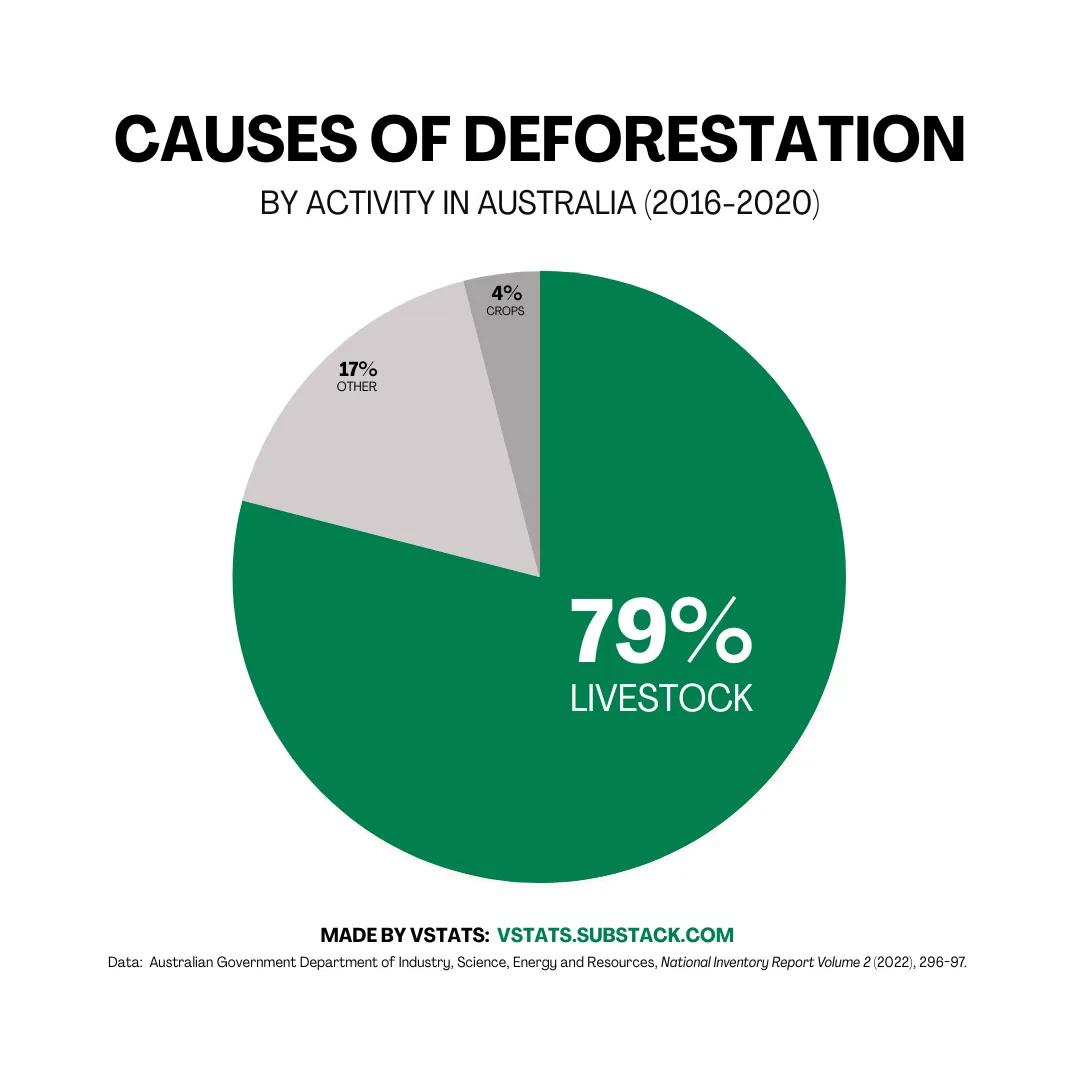
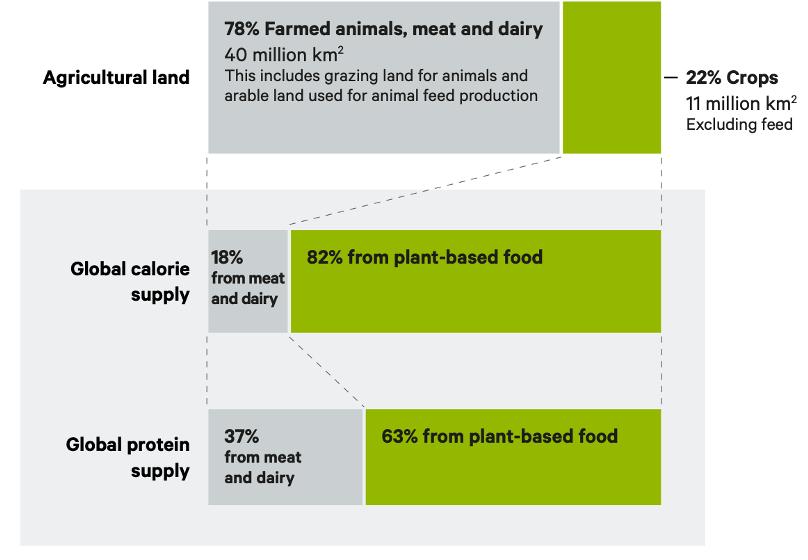
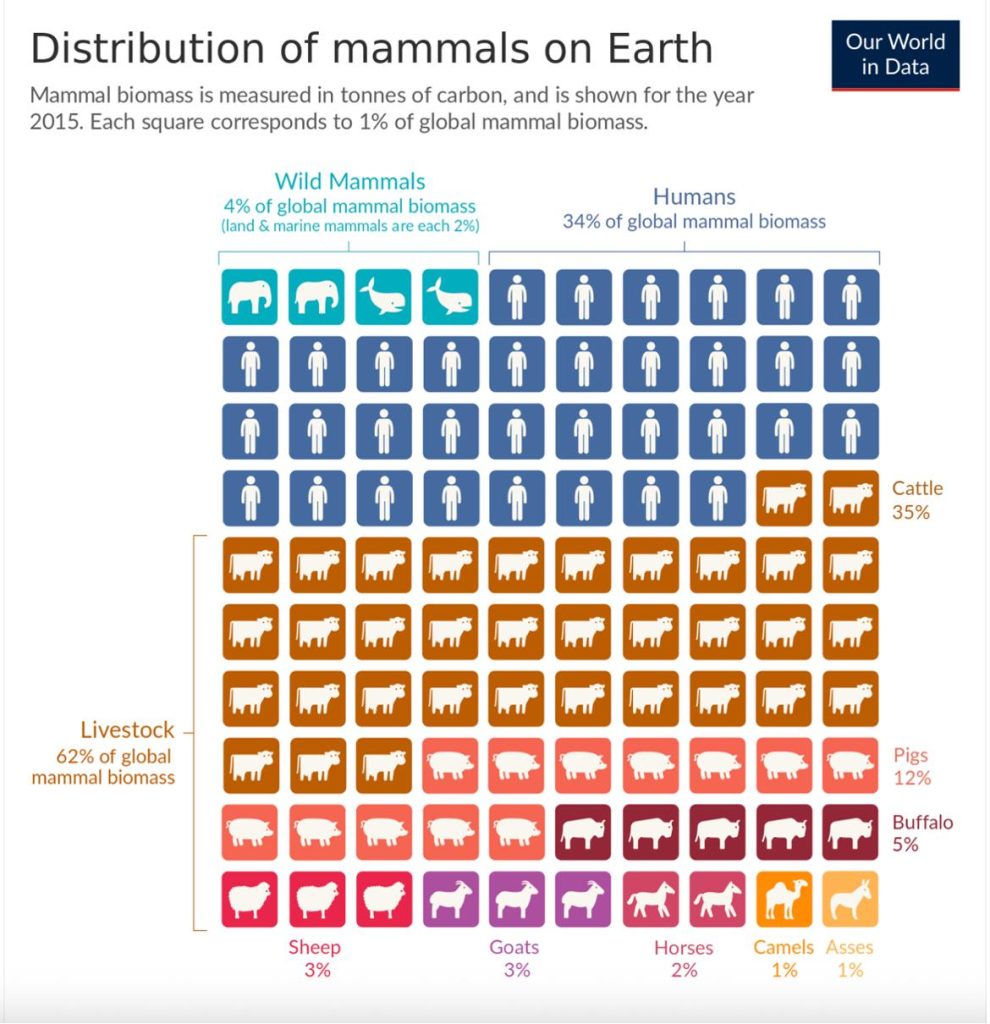
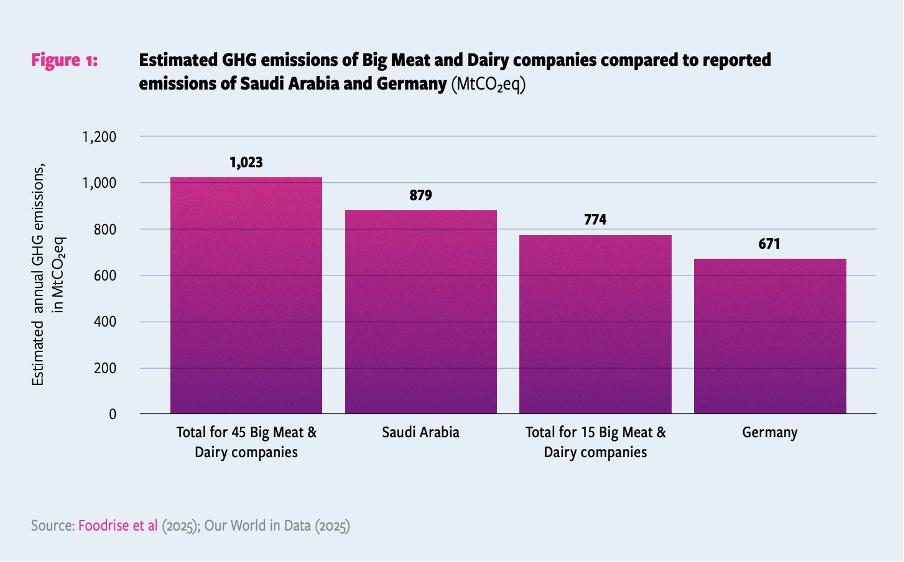
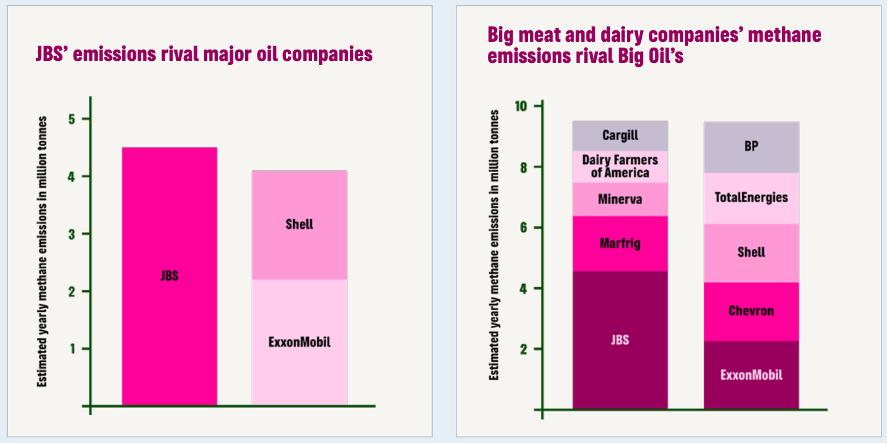

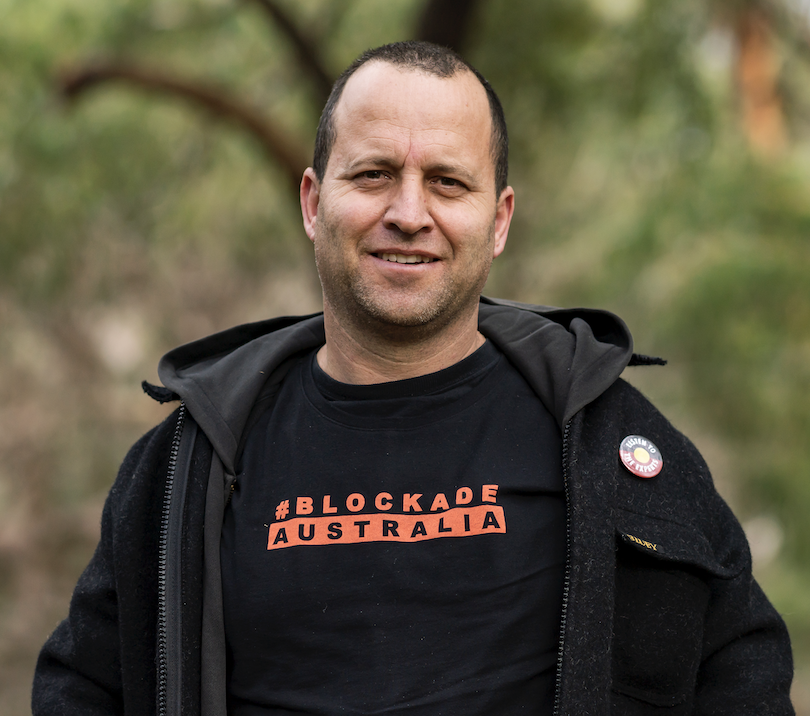
Very good article. Somehow this needs to be disseminated broadly in the community. I suspect most ppl do not know why preservation of forests is so important.